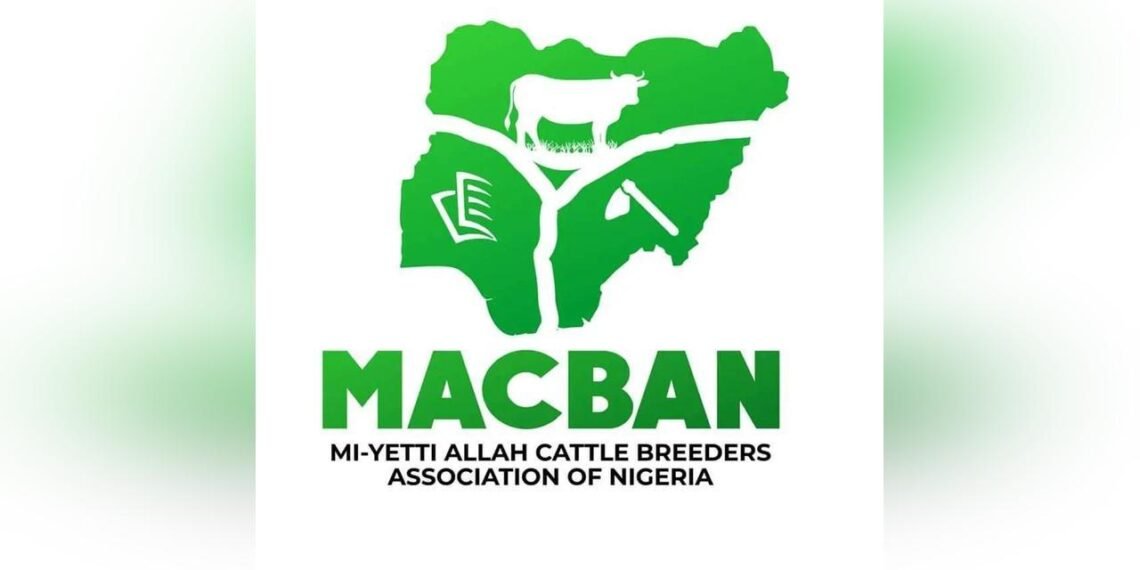The Miyetti Allah Association of Nigeria, one of the most prominent Fulani organizations in the country, has come under renewed global scrutiny following reports that the United States may impose sanctions on its affiliated bodies over alleged human rights abuses and violations of religious freedom.
Founded in 1960 by a group of Fulani elites and legally recognized in 1970 in Kaduna State, the association was originally established to promote the welfare and unity of the Fulani people. Its first official leader, Muhammadu Sa’adu, a native of Jos who spent most of his life in Kaduna, played a crucial role in expanding its membership and influence across northern Nigeria.
Initially, Miyetti Allah functioned as a welfare and advocacy group for Fulani herders, focusing on mutual support, nomadic education, and access to grazing reserves. However, over the decades, the organization’s image has been marred by accusations of criminality and violent activities linked to some of its members.
Critics argue that Miyetti Allah has strayed from its founding vision and has, in some instances, become entangled in violent herder–farmer clashes, land invasions, and political controversies. These incidents have contributed to widespread insecurity, particularly in Benue, Plateau, Nasarawa, Taraba, and Southern Kaduna, as well as in Adamawa, Yobe, Gombe, and Katsina States.
The group’s growing notoriety has now drawn the attention of the United States Congress, where a bill has been introduced to sanction the Miyetti Allah Cattle Breeders Association of Nigeria (MACBAN) and its sister organizations, Miyetti Allah Kautal Hore and Miyetti Allah Kautal Hore Fulani Socio-Cultural Association. The proposed sanctions include visa restrictions and asset freezes for individuals linked to these groups.
The legislative move follows remarks by the U.S. President Donald Trump, who designated Nigeria as a “Country of Particular Concern” under the International Religious Freedom Act, a label reserved for nations accused of severe violations of religious liberty.
Read Also:
- Genocide: US Senator Ted Cruz calls for sanctions on Nigerian officials, 12 states over Sharia
- China warns U.S. against interfering in Nigeria amid rising tensions over Military threats
- Senate sets up 12-member panel to counter U.S. claims of Christian persecution in Nigeria
Observers note that these measures come amid increasing reports of targeted violence against Christian communities in Nigeria, often attributed to armed herdsmen associated with Miyetti Allah. The U.S. government says such actions amount to religious persecution, further justifying the proposed sanctions.
Within Nigeria, discontent has also grown among some Fulani communities who accuse Miyetti Allah of abandoning its social mission for political gain. In response, several alternative vigilante and reform groups have emerged to distance themselves from the association’s controversial reputation.
The organization, which translates to “I thank God” in Fulfulde, is governed by a board of trustees chaired by the Sultan of Sokoto. It operates a national secretariat in Kaduna and maintains local branches across several states, funded through membership dues and donations.
Despite its earlier contributions to nomadic welfare and advocacy, Miyetti Allah’s public image remains tarnished. Apart from allegations of violence, the group has faced criticism for allowing cattle to roam freely on major highways, including those in the Federal Capital Territory, resulting in road accidents and public nuisance.
As debate over the proposed U.S. sanctions intensifies, analysts say the development may mark a turning point for the group, forcing it to confront growing concerns about its role in Nigeria’s security challenges and its future as a legitimate socio-cultural organization.





